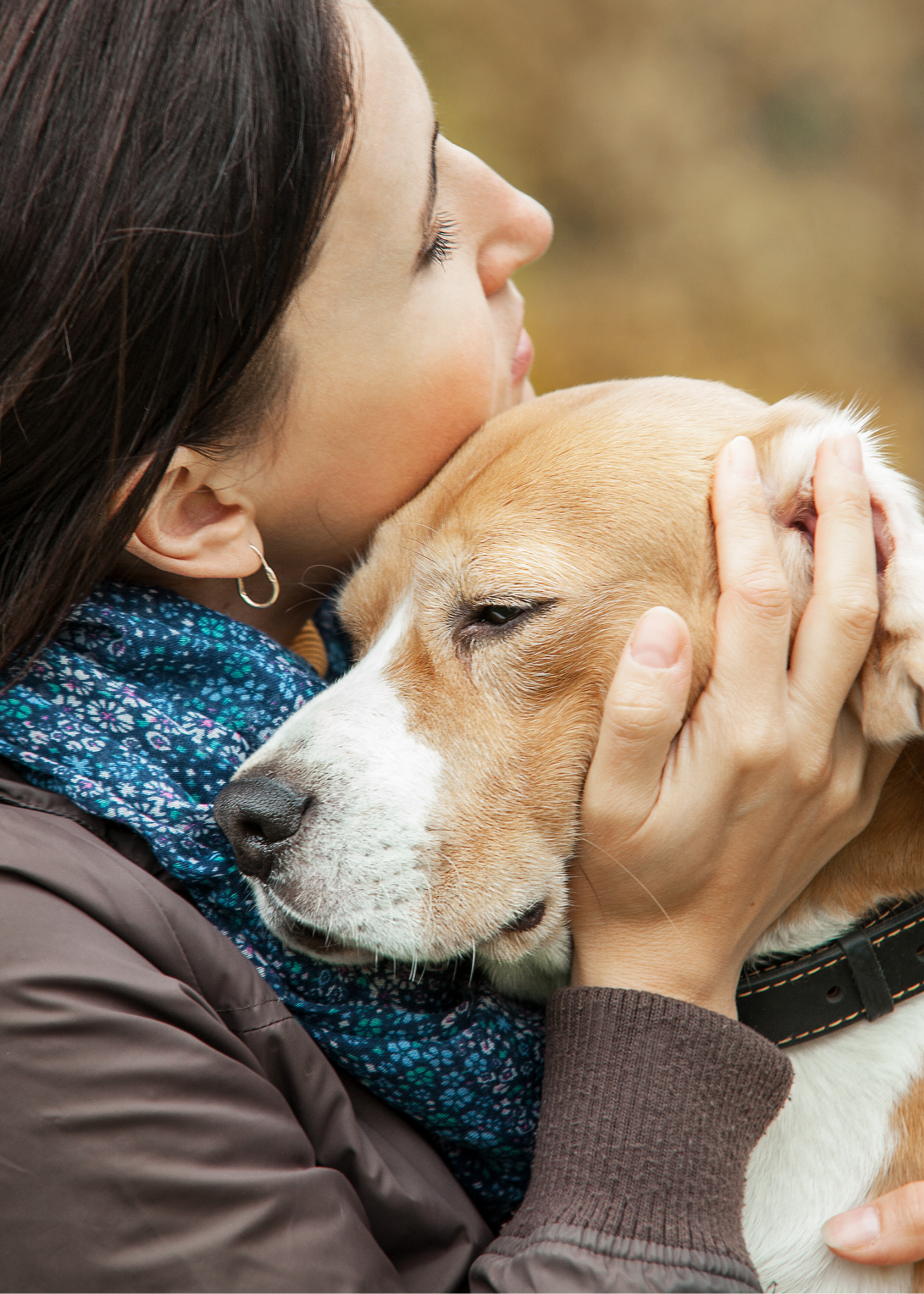YWCA Billings and Yellowstone Valley Animal Shelter (YVAS) are partnering to provide protection and boarding for pets who are victims of domestic violence or displaced because of it. With a grant received from Red Rover, YVAS can offer boarding and care, free of charge, for pets of domestic violence victims who seek shelter and services through YWCA.
YWCA Partnership Program
Safe Havens for Victims of Domestic Violence & Their Pets:
In most homes, pets are cherished members of the family. However, when an abuser causes violence in the home, it can be inflicted on pets as well. Experts estimate that between 48 to 71 percent of abused women also have pets that have been abused or even killed. Abusers often threaten, injure, and at times kill pets to control their victims and create an environment of fear. The close relationship that abused women and their children feel toward their animals complicates their willingness to leave a violent situation, potentially putting themselves and their pets at risk for further violence. Studies indicate that approximately 20 to 48 percent of women have refused to leave a dangerous situation for fear of their pets’ safety. Some victims live in their cars with their pets rather than leaving them behind.
Currently, only 15 percent of shelters in the U.S. are able to accommodate pets. Because its domestic violence shelter is among those that were not constructed to accommodate pets, YWCA struggled to find approaches that would address pet care while human domestic violence victims were provided protection and turned to Yellowstone Valley Animal Shelter for help in assisting with possible solutions. The two organizations decided to work together to meet the needs of both human and animal domestic violence victims, hoping that the partnership will help take pets out of harm’s way, at no cost to the pet’s owner, so that their owners may seek out safety and support for themselves.
Frequently Asked Questions:
How do I enroll in this program?
Pet owners must be victims of domestic violence and enrolled in YWCA’s programs before an animal may be brought to Yellowstone Valley Animal Shelter for boarding. Contact YWCA directly to learn about their programs via telephone or text: 24-Hour Help Line: (406) 245-4472 and 24-Hour Text Line: (406) 702-0229.
How long can I board my pet for free at YVAS?
Animals can be boarded at the shelter, free of charge, for up to two weeks at a time for one consecutive month. YVAS staff members will work with the pet’s owner to reevaluate the animal’s status every two weeks.
May I visit my pet while they are boarded at YVAS?
Absolutely! Owners are encouraged to visit their pet(s) during Yellowstone Valley Animal Shelter’s regular business hours which are 12 PM to 7 PM on weekdays and 12 PM to 5 PM on weekends. Visitations before the shelter opens to the public, between 9 AM and 12 PM, may be possible if arranged and agreed upon in advance. Owners are also able to take their pet for offsite field trips or use YVAS’s outdoor meet and greet areas. Please note that YVAS’s indoor meet and greet areas are very limited.
What do I need to provide for my pet while they are boarded at YVAS?
Owners are welcome to bring supplies for their own pets such as blankets, food, toys, etc. If an owner is unable to provide supplies for their animal(s), the shelter can do so at no charge.
Who is Red Rover?
Since its inception in 2012, Red Rover’s Safe Housing grant program has focused on creating pet-friendly spaces at domestic violence (DV) organizations. These grants have grown and expanded, both in grant size and in availability for animal organizations or other off-site options – but creating pet-friendly DV shelters remains at the core of their DV assistance work.
In fact, increasing the number of pet-friendly domestic violence shelters is so important to Red Rover that in 2019 they joined forces with Purina to create the Purple Leash Project. Together, they are committed to ensuring that 25 percent of DV shelters in the U.S. are pet-friendly by 2025. Currently, only 15 percent of DV shelters in the U.S. are able to accommodate pets.


